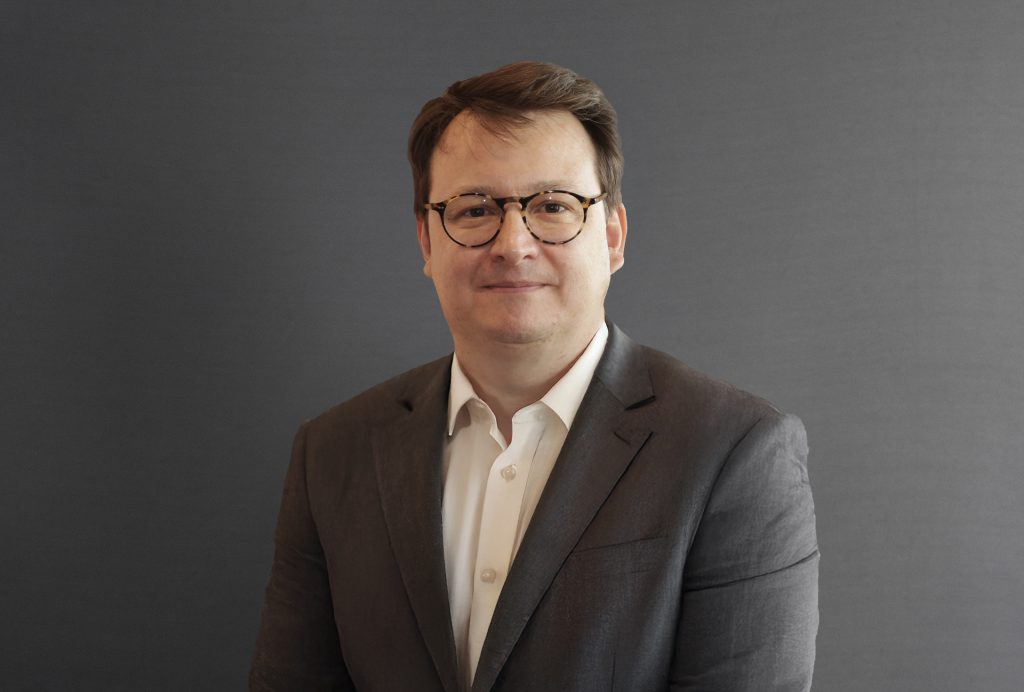Brazil's Supreme Court ends 2024 with a historically low case backlog
According to Justice Luís Roberto Barroso, the Federal Supreme Court (STF) ended 2024 with the lowest case backlog in 30 years. The court issued over 114,000 decisions throughout the year – 92,805 single-justice decisions and 21,436 via a panel of justices. Meanwhile, in 2024, 26,000 new cases were directly filed before the STF, while 54,000 appeals were submitted, bringing the total number of cases to 80,812. These figures represent a reduction in the number of appeals and an increase in the number of new cases – particularly an increase in new cases filed to uphold the STF’s authority and jurisdiction over conflicting lower court rulings. Notably, such new cases increased by 35%, rising from 7,300 in 2023 to nearly 10,000 in 2024.
Superior Court of Justice turns 35
2024 marked the 35th anniversary of Brazil’s Superior Court of Justice (STJ). Since its establishment, the STJ has adjudicated over 7.5 million cases, issuing more than 2 million decisions in appeals challenging lower court rulings.
Despite its high productivity, projections indicate that the court’s annual case backlog could reach nearly one million by 2035, raising concerns about long-term sustainability.
According to partner Diego Herrera de Moraes, the gradual reduction in the number of pending cases at the STF has resulted in its smallest backlog in decades. This should enhance the quality of the court’s decisions and allow for faster rulings, strengthening public trust in the judiciary.
Partner Maricí Giannico noted that Brazil’s higher courts had an intense caseload in 2024, and the outlook for 2025 appears no different.

Though progress has been incremental, it has enabled the STF to take a more assertive stance in shaping case law and to delve deeper into high-impact cases, ensuring more rigorous legal analyses that are also more in tune with socioeconomic demands. On the other hand, the sharp increase in cases reaching the STJ is cause for concern. Despite the court's high productivity rates, the overwhelming number of cases is placing unprecedented strain on justices and staff, reaching an unsustainable level not seen anywhere else worldwide. Simply changing management processes, technology or expanding court staff is not enough to solve the problem – it demands tackling structural causes. Effective solutions must be based on accurate diagnoses based on comprehensive data mapping. There is still a long way to go to meaningful systemic reform, and any measures must be implemented without undermining legal safeguards or the procedural rights of attorneys, both of which are fundamental to ensuring due process and protecting those subject to the court's jurisdiction
Diego Herrera de Moraes
Partner
The Superior Court of Justice begins 2025 with Herman Benjamin and Luis Felipe Salomão as court president and vice-president, awaiting two new appointments to the panel in light of the recent retirements of Assusete Magalhães and Laurita Vaz. The court is expected to decide on a range of significant issues, including the legitimacy of the Public Prosecutor's Office to dispute certain fees from financial institutions, predatory litigation, whether financial savings worth up to 40 times the national minimum wage can be seized, the need to obtain permission from residential management bodies to rent out units via apps, and the nature of real estate credit note beneficiaries' credit in order to determine how they should be prioritized in bankruptcy proceedings. The Federal Supreme Court, with its complete panel, has promised to analyze the Brazilian Petroleum Agency's jurisdiction over sales of oil blocks, whether media organizations should have to compensate for moral damages, the reopening of a two-year timeframe for rescissory actions, measures to regulate betting markets, and the liability of internet providers, websites, and social media for illicit online acts. The court should also address the constitutionality of a 2023 law on indigenous land occupations, as well as how the provisions of the Internet Civil Rights Framework are being applied
Maricí Giannico
Partner
